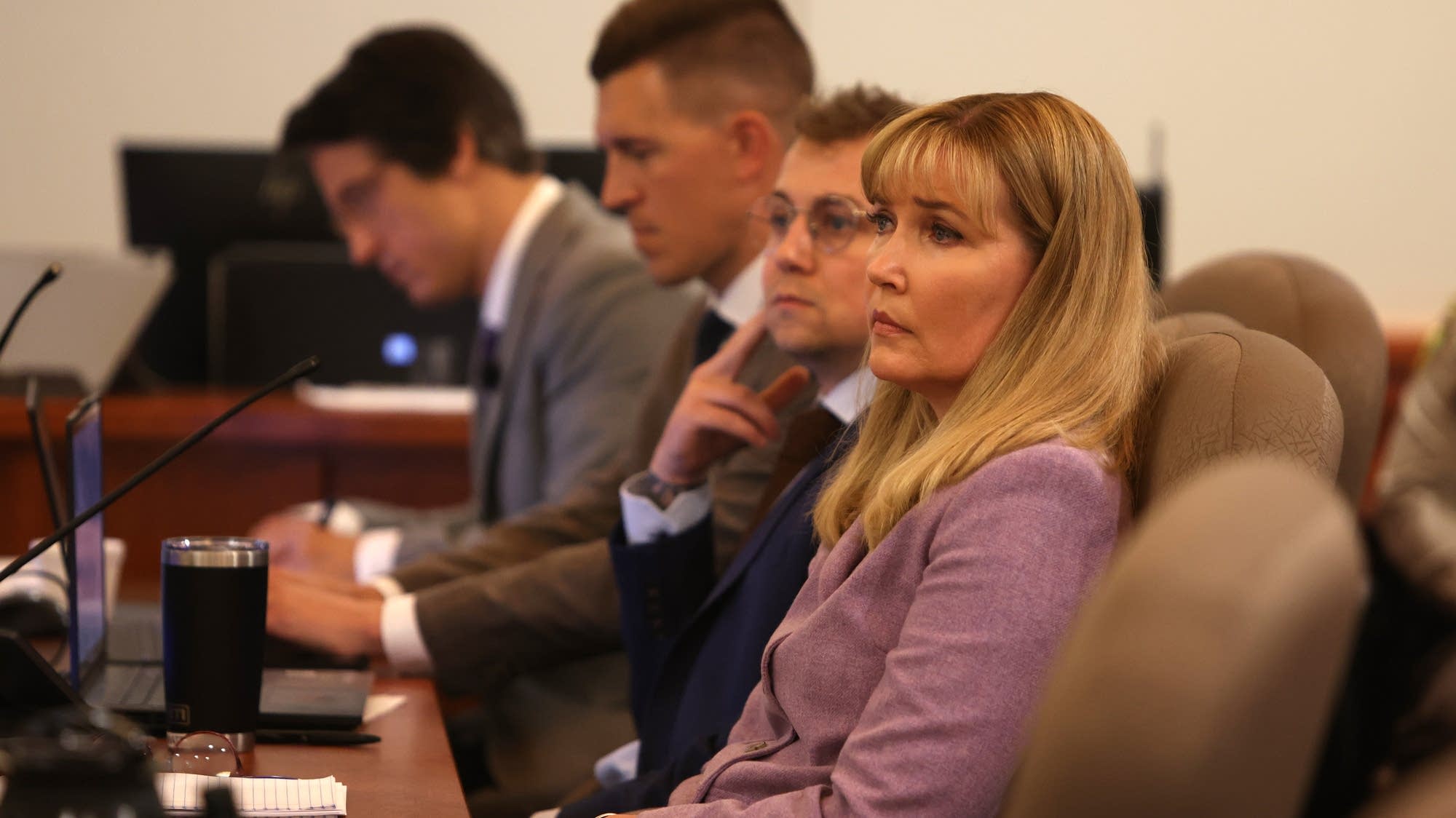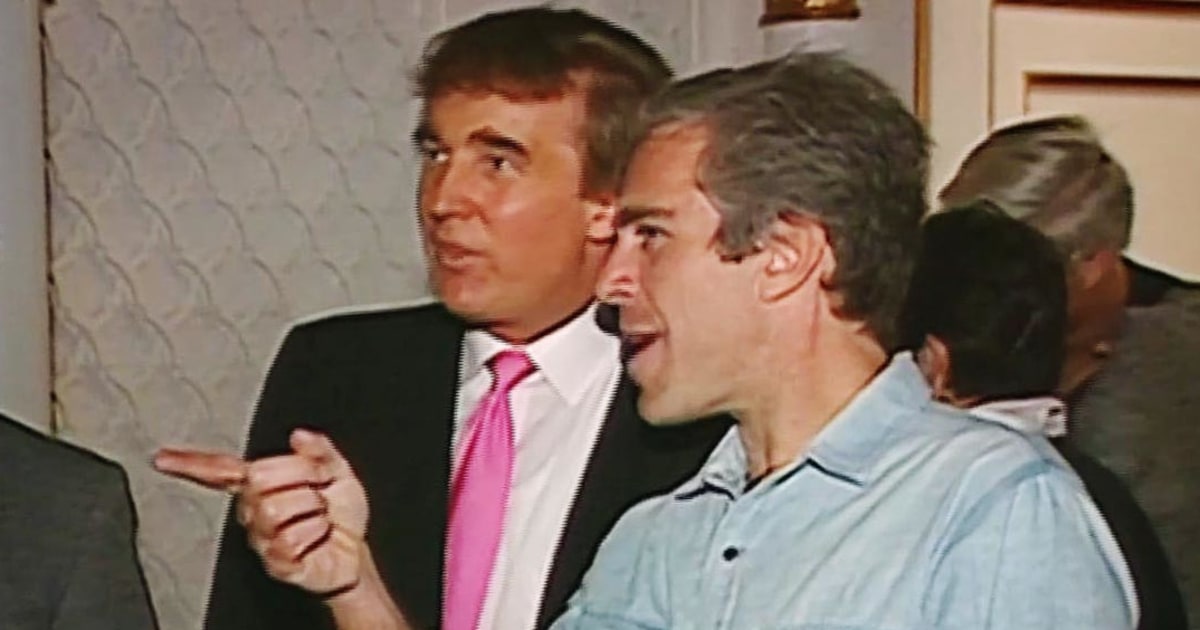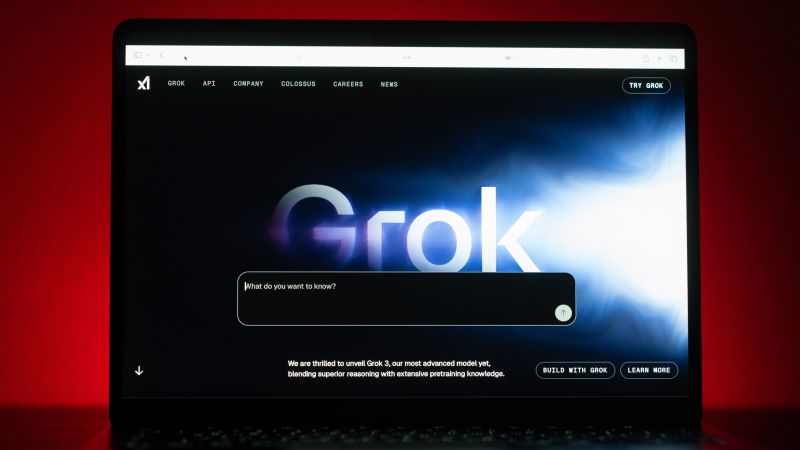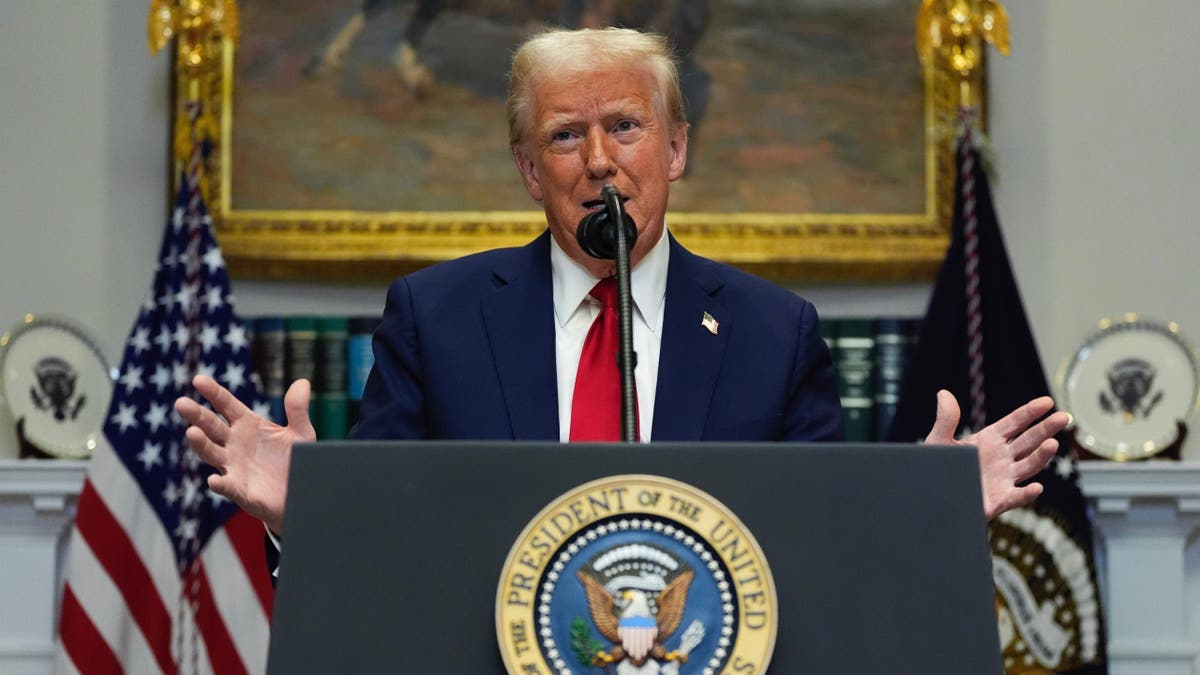AOC Ordered to Pay for Met Gala Appearance

Introduction
The House Ethics Committee has ordered New York congresswoman Alexandria Ocasio-Cortez to pay an additional $3,000 for her appearance at the 2021 Met Gala. This comes after the panel found that AOC violated House rules by accepting complimentary tickets to the event.
Key Details
The panel stated that they would close their investigation if Ocasio-Cortez pays the full fair market value for her designer clothes and her partner's ticket to the event. This decision has sparked controversy and debate, with some arguing that the congresswoman should not have accepted the free tickets in the first place. Others are questioning the fairness of the committee's ruling, as many politicians attend high-profile events for free.
Impact
This latest development raises questions about the intersection of politics and celebrity culture. With politicians often rubbing shoulders with Hollywood elites, it can be difficult to avoid conflicts of interest. However, the House Ethics Committee's decision sends a clear message that politicians must be held accountable for their actions, even when it comes to seemingly innocent events like the Met Gala.
About the Organizations Mentioned
House Ethics Committee
The **House Ethics Committee**, formally known as the Committee on Ethics, is a pivotal bipartisan entity within the U.S. House of Representatives. Established on April 13, 1967, its primary role is to ensure ethical conduct among House members and employees. The committee is unique in its composition, with equal numbers of Democrats and Republicans, emphasizing its commitment to impartiality[1][3]. ### Key Functions: - **Investigations and Enforcement**: The committee investigates allegations of misconduct, including financial disclosures, gifts, and outside income, and recommends disciplinary actions such as censure or expulsion[1][2]. - **Advisory Role**: It provides guidance and ethics training to House members, officers, and employees, helping them navigate potential ethical dilemmas[3][6]. - **Financial Disclosure Review**: The committee reviews financial disclosure statements filed by members, candidates, and senior staff[3][6]. ### History and Evolution: The committee was established in response to a need for structured ethical governance following several high-profile misconduct cases. Over the years, it has evolved to address changing ethical standards and legislative requirements[1][8]. ### Current Status: As of the 118th Congress (2023–2024), the committee consists of 10 members, with its chair coming from the majority party. It continues to play a crucial role in maintaining legislative integrity[1][3]. ### Notable Aspects: - **Bipartisan Structure**: The committee's even party split ensures impartiality in its operations[3][4]. - **Nonpartisan Staff**: The committee's staff is nonpartisan, further emphasizing its commitment to impartial investigations and advice[1][3]. - **Criminal Referrals**: The committee has the authority to refer criminal findings to law enforcement agencies, reinforcing its role in upholding legal standards[1]. In summary, the House Ethics Committee is a vital component of the U.S. legislative system, ensuring ethical conduct and maintaining public trust in the House













